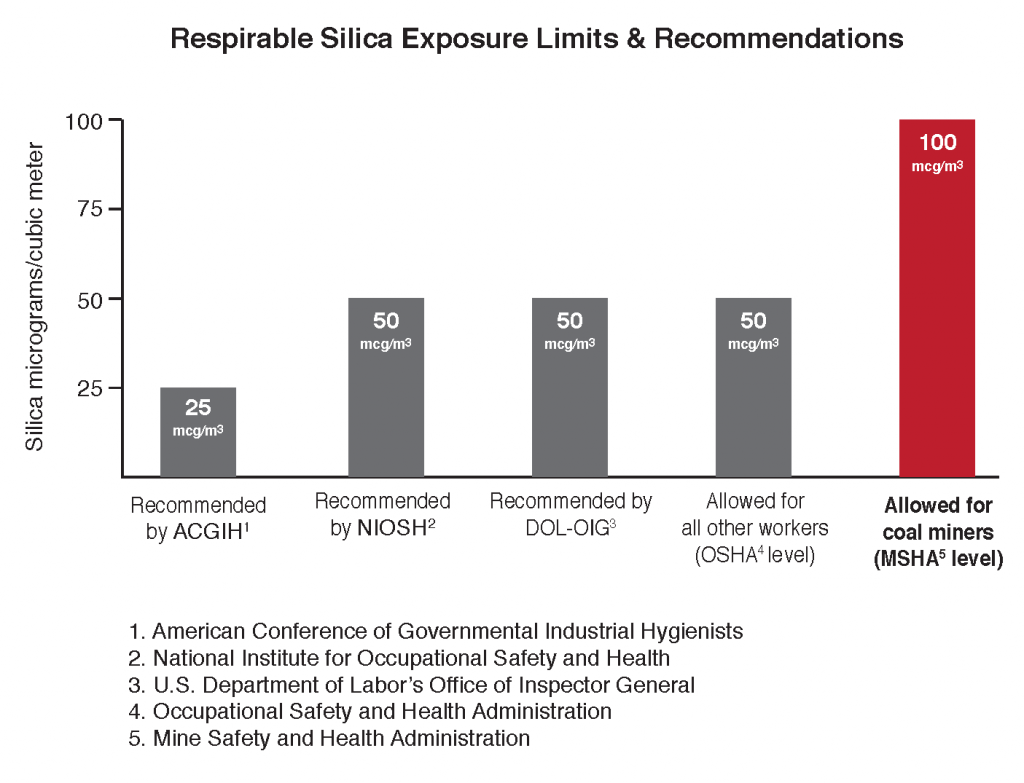Cleaning Up Coal Ash
For well over a century, power plants across the country have burned coal to generate electricity. And for just as long, leftover coal ash has been dumped in open, unlined pits near the power plant, usually located on a river or lake. Every year, U.S. power plants produce 130 million tons of coal ash, which is the second largest waste stream in the country after municipal garbage.
Coal ash concentrates the toxic heavy metals found in coal, including arsenic, mercury, lead and selenium. Stored in unlined, wet impoundments, coal ash has been leaking these toxics into our groundwater and surface waters for years. Sometimes these impoundments collapse — with disastrous results.
Yet government regulations for coal ash management are either non-existent or sparse, and there is little enforcement of the regulations that do exist. In North Carolina, this lack of oversight — and the complicity between state regulators, elected officials and Duke Energy — came to a boiling point in February 2014 when one of Duke’s coal ash impoundments spilled 39 million tons of ash into the Dan River.
Citizens living near North Carolina’s 33 coal ash impoundments — all of which have leaked — have fought for transparency from Duke and the state, and for cleanup of the pollution that threatens their property value, health and family. Their actions forced this issue into the headlines of news networks and to the forefront of environmental justice conversations in the United States.
Appalachian Voices stood with these communities as we worked for years to compel Duke Energy and the N.C. Department of Environmental Quality to excavate coal ash from all the North Carolina sites and dispose of it either in lined, dry landfills, away from waterways, or by recycling it for concrete or other uses, provided it’s done in a manner that protects public health and the environment.
On Jan. 2, 2020, North Carolina announced a historic settlement with one of the state’s most powerful corporations and polluters, Duke Energy. The settlement requires Duke to move nearly 80 million tons of toxic coal ash at six of its power plants to properly lined landfills onsite or recycle it.

Learn information about specific coal ash impoundments in the South, including health threats and safety ratings:
Additional Resources
Fact sheets, videos, links to academic research, and more
Sign Up to Act
Help us protect the health of our communities and waterways.
Latest News
Reinventing Museum Offerings During COVID
Museums throughout the region have found creative ways to connect with the public during COVID, both online and offline. And as many museums resume in-person operations, some are planning to keep these popular new programs.
FERC setting up an “Office of Public Participation.” After 40 years.
Congress told FERC 40 years ago to start an “Office of Public Participation.” The agency is finally doing it — after decades of approving dirty-gas pipelines all across the country.
Tighter silica rules needed to protect miners from black lung disease
Coal miners are legally allowed to be exposed to twice as much dangerous silica dust as any other worker. That needs to change.
Upcoming Webinar: Environmental Justice on Western Indigenous Land
The Alliance for Appalachia is hosting a webinar on April 13 to bring solidarity and support to Hopi and Diné people who are facing similar mine reclamation issues in the West.
Major grant awarded for Appalachian Voices’ jobs, economic project in Southwest Virginia
The GO Virginia State Board has approved a…
Mussel Sensors Pave the Way for New Environmental Monitoring Tools
North Carolina State University researchers have developed a new system to remotely monitor the behavior of freshwater mussels with the potential to warn scientists of aquatic pollutants.











